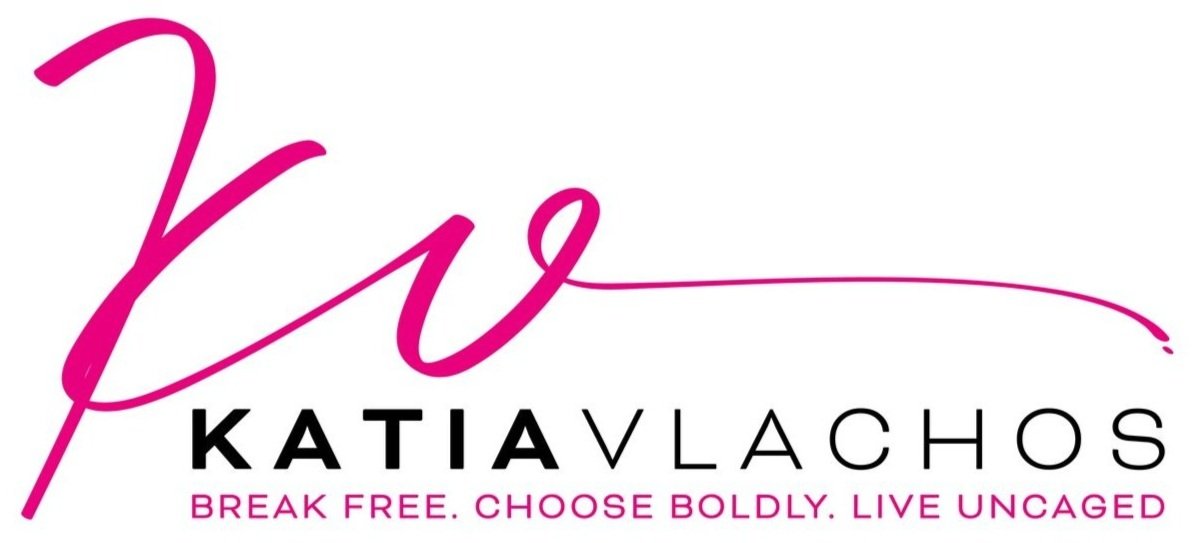What is Intention and Why Should You Care?
“What do you mean by intention?” my new client asked me, shyly.
We were discussing an important event she had coming up and I had asked her what her intention was for that event. Her question took me by surprise. Intention is such a common word in my world, a guiding principle for both my work and my life, that it never occurred to me this may not be the case for others. Note to self: regularly question your own assumptions, not just those of your clients ☺️.
“Intention is what guides your actions. I’d call it your North Star. It can be shaped by your values, your sense of purpose, your dreams and aspirations, your commitments…” I paused briefly, then continued. “Setting an intention is a little bit like setting a goal, except it’s more about who you are than what you do. Does that make sense?”
She nodded.
“Now let’s see how we can apply this concept to your upcoming event.”
The following week, another one of my clients brought up the topic: “I want to stop being reactive and become more intentional about what I do and the choices I make. But I’m not sure what that means. Can we talk about what being intentional looks like in practice?”
I think it’s time to talk about intention.
What is intention?
Merriam-Webster defines it as
“a determination to act in a certain way: RESOLVE.”
Wayne Dyer in his book The Power of Intention talks about it as
“a strong purpose or aim, accompanied by a determination to produce a desired result.”
In the Buddhist tradition, Right Intention is the practice of being mindful of how our aspirations shape the way we think and act.
For Deepak Chopra,
“Intention is the starting point of every dream.”
This last one is my favorite.
I find intention empowering because it’s deliberate. It indicates choice. When you’re intentional you are able to respond rather than react to people or situations. You can do that because there’s something guiding your response (you guessed it: intention).
Intention is a way of being in the world
Being intentional also means being aware of your ‘why’—your purpose, your reason for doing what you’re doing.
It means aligning your actions with your values—what’s important to you.
It’s a source of meaning and a source of strength.
It allows you to see the big picture.
If you want to know whether you’re intentional, just ask yourself how you make choices in life: What is it that guides those choices? How do you know what to say ‘yes’ to and what to say ‘no’ to? How grounded and confident do you feel about your choices? Intention is important when making big decisions as much as in everyday life.
How do you use intention?
When embarking on something new, it helps to set goals about what you plan to do and accomplish, but also an intention about your attitude, and your resolve: What principles will guide your choices? Who do you want to be?
I love setting an intention at the beginning of my day, my week, and my month, but also before important (or stressful) events. I encourage my clients to do the same. I use reminders throughout my day to keep my intention(s) front and center (I’m human after all).
I find intention particularly valuable when I’m faced with challenges or feeling overwhelmed. Reconnecting to my ‘why’ helps me stay motivated, steady on my path, grounded, and calm.
At the end of the day, week, month, or event, I check in with myself: Did I make intentional choices? Did I get triggered, and if yes, did I manage to get back on track? What can I do differently next time?
Your turn now.
What’s an intention you will set for yourself today?
If you want to know more about intention, here are some resources I recommend:
Wayne Dyer, The Power of Intention (a classic).
Deepak Chopra, “Five Steps to Setting Powerful Intentions.”
Marla Tabaka, “Setting Goals Isn’t Enough: Setting Daily Intentions Will Change Your Life.”
* If you’re new here, welcome to Breaking Free (my new blog)! Read my introductory post here with more information about what this blog is about and what you can expect going forward. *

